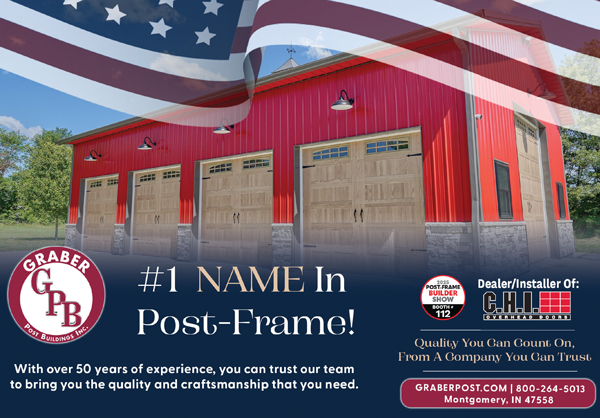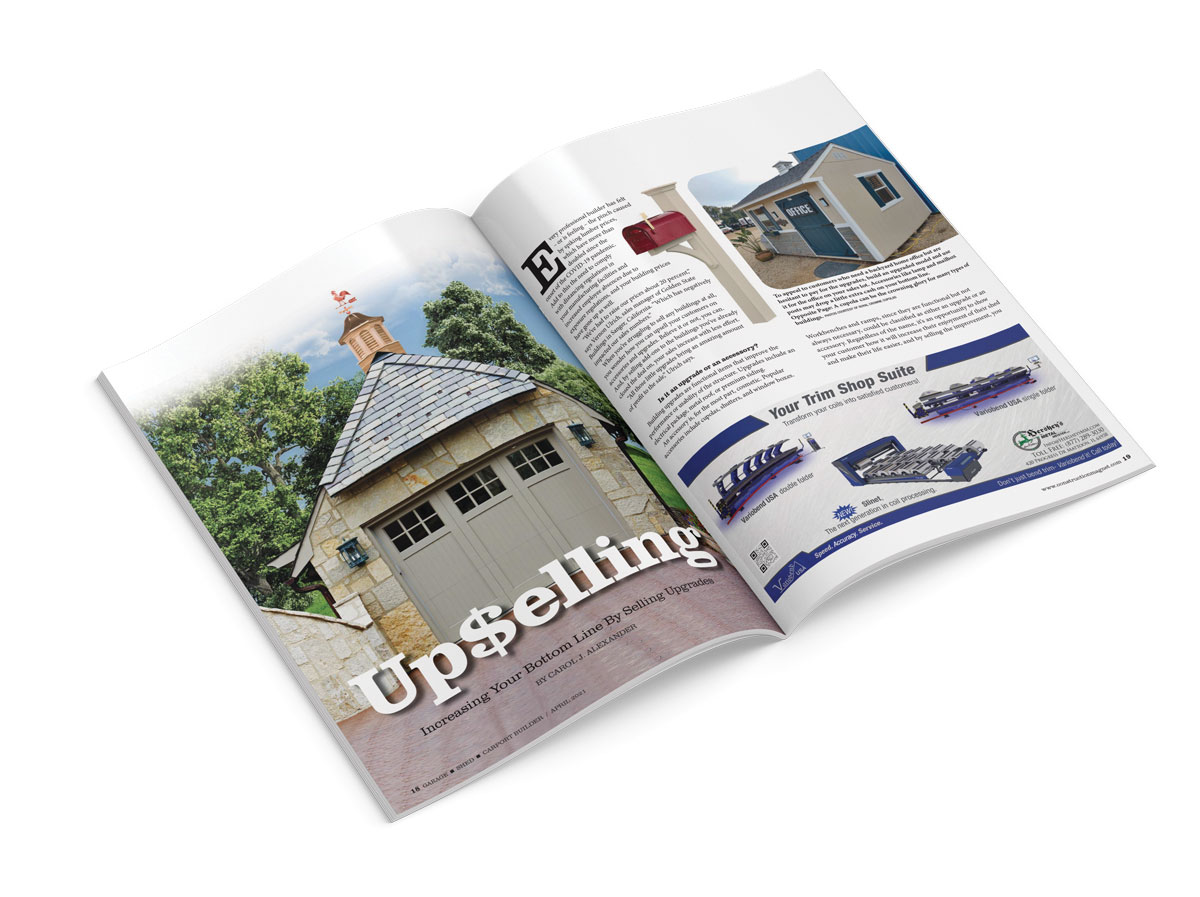by Phil Carselowey
Your online reputation is what customers see about your organization when they do research on the web. Your online reputation should allow potential customers to discover things like:
Does the organization have good products? Do they have exceptional customer service? What’s the correct contact information? Do they publish informative content?
It’s important to have a positive online reputation because most potential customers will either start on the web or take their research to the web at some point during the buying experience. Today’s buyers want to do a certain level of self-service. This could be as little as checking out your Google reviews or as much as completely buying your product online. Whichever it may be, your online reputation will help with both!
Let’s discuss a few ways you can positively impact your online reputation…
Consistent Brand
First things first: We must create a consistent brand online for ourselves. So many times, you will research a business and the contact information is different on Google than it is on Facebook or the color scheme is different on their website than it is on their Facebook page. These must become consistent. The consistent brand sends a professional and trustworthy message to your online shoppers. Show them that you are paying attention; the details matter here.
I encourage business owners to comb through all the web versions of their business (Google, Facebook, website, Instagram, BBB, etc.). Claim them. Confirm that all the contact information is the same as well as the hours of operation. From there you can start creating your brand on each platform using the same colors, logo, and messages. The goal here is that when a customer bounces from your Google page to your website to your Facebook page they don’t have to question if they are still researching the same company. It should be obvious because of the consistent look, feel and messaging.
Google Reviews
The biggest mistake business owners make here is simply not asking for Google reviews. We must be proactive about getting Google reviews. Build this mentality throughout your organization because these positive reviews will lead to more sales for many years to come. Asking can be a bit intimidating but if you’re working hard for the customer and treating them right, then you’ve earned the right to ask.
The next time you ask for a review try this: First, confirm with the customer that they had a five-star experience. Once you’ve confirmed their experience, ask them for a favor and tell them that this favor is very important to you. Now you have their attention! You can now politely ask for the Google review. Don’t hesitate to walk through the process with them or even follow up with them in a day or two to thank them or check on the status.
Product Testimonials
Don’t confuse this with a customer review. A product testimonial would be specifically about your product. How does your product hold up in windy weather? What does your product look like after 20 years? How much weight can your product hold?
I encourage business owners to reach out to local engineers or testing facilities to have some real data done on their products. If that isn’t an option, do the testing yourself and share the videos as your product testimonial. Perhaps you could put a heavy car into a shed to demonstrate the weight. Or you could show a photo of one of your sheds that’s 5, 10 and 15 years old. I recently saw an organization use a picture of the aftermath from a tornado. The photo was about two miles wide and the only thing that wasn’t destroyed was a shed that the builder sold to a customer the year before. Around the shed there were torn down houses and destroyed fences. This photo was a testimonial to the strength of his product.
Quantitative Data
Quantitative data are visual numbers that shoppers can look at and easily assign creditability to you, your organization, and/or your products. Let’s say you’re going to watch a movie on the construction industry. For this example, two options show up in the search results. Option A has 17 views, two dislikes and only four downloads. Option B has 1,100 views, 800 likes and 900 downloads. Which option are you more likely to pick? Option B.
The reason this data is important is because humans generally like to do what other people are doing and approve of. (Known as “social proofing.”) When shoppers see their peers buying from you and approving of their experience with you, then they are more likely to buy from you, too. When working with business owners I have them tell their story with numbers on their website. This is an attempt to build credit with potential customers. Examples could be: 10,000+ sheds built, 100,000 miles delivered, $10,000 donated and so on and so forth.
I would highly recommend prioritizing your online reputation. Work on these four online reputation-building strategies and encourage your entire organization to be cognitive of them. It’s important to slow down at times and build a strong reputation for the future of your business. Once you have established your online reputation stay on top of it and keep it relevant. Just like your actual reputation it always needs some level of attention, and you always need to be aware of it!
My goal with these recommendations is to help you build a sustainable, profitable business for years to come. Give them a try and let me know how they work for you and your organization.
See you at the top! FBN
Phil Carselowey is co-founder of NewFound Rentals [https://www.newfoundrentals.com/]. He can be reached at [email protected].























